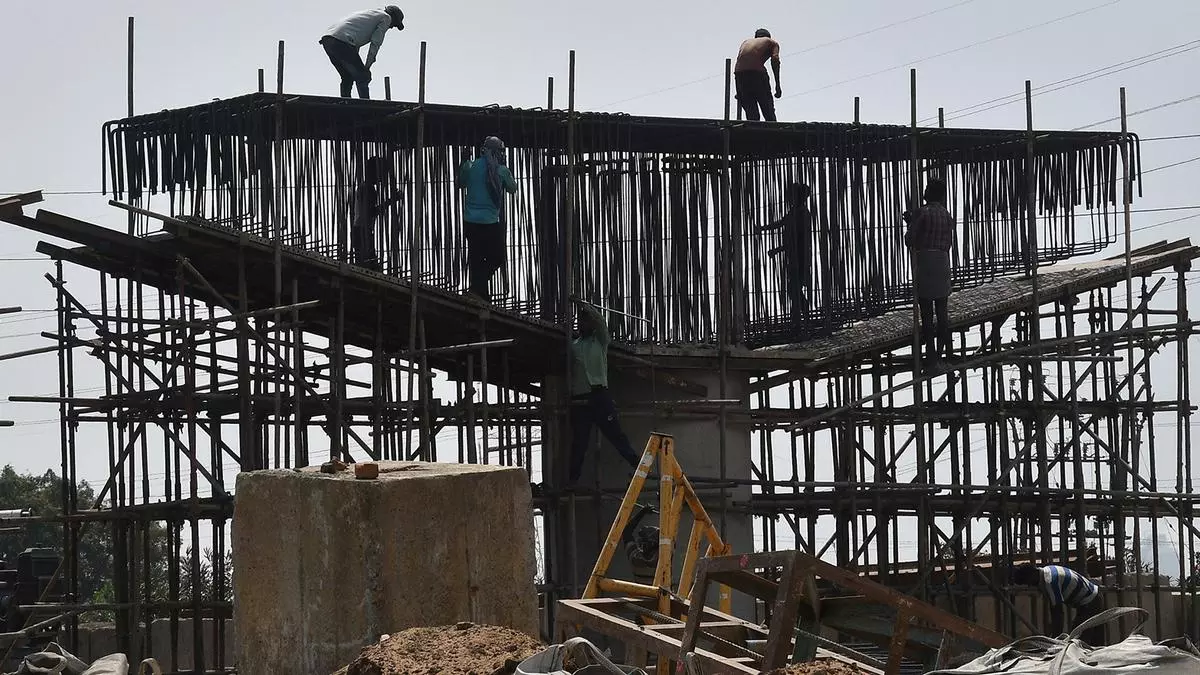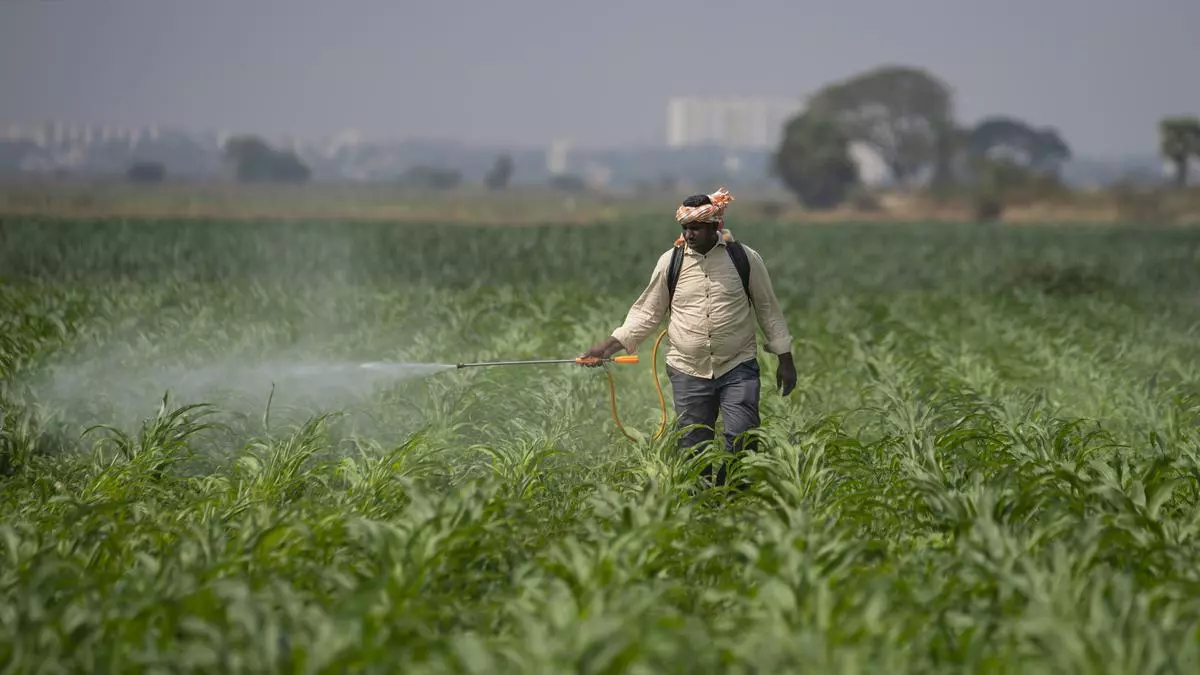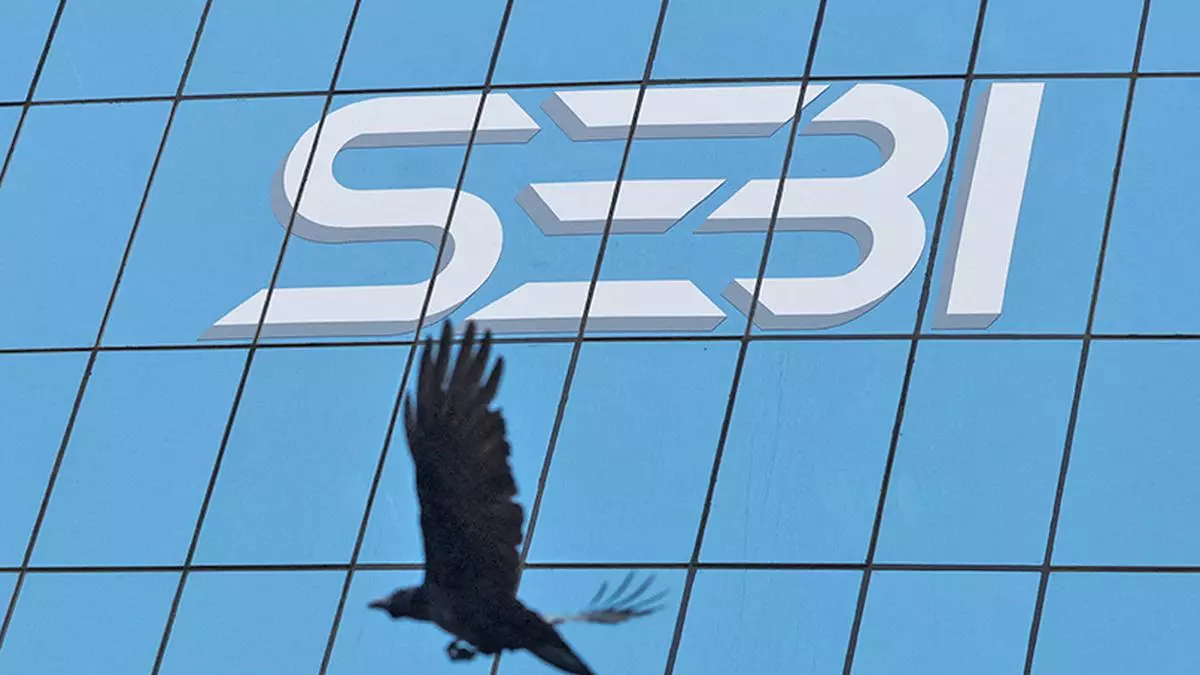The Commerce Ministry will carry out internal brainstorming on handling of tricky issues that spilled over from the 13th WTO Ministerial Conference (MC13) in Abu Dhabi last week, particularly the growing pressure for mainstreaming of select-group initiatives on areas such as investment facilitation, MSMEs, gender and e-commerce, officials said.
“While there was no decision in crucial areas, including agriculture and fisheries, at the WTO MC13 in Abu Dhabi, the tough negotiations will now continue at the WTO headquarters in Geneva as members prepare for MC14 in Cameroon after two years. India has to prepare its strategy on all vexed matters, including the Joint Statement Initiatives where pressure to allow its inclusion in the WTO formal framework is growing,” an official told businessline.
The Joint Statement Initiatives (JSIs) are efforts that like-minded group of countries initiated at the WTO MC11 in 2017 to arrive at agreements in sectors including e-commerce, investments, MSMEs and services. India has always opposed the JSIs and also challenged their legality as these are not multilateral initiatives with mandate from the entire WTO membership.
“In Abu Dhabi, India was under a lot of pressure from several developed countries and some developing ones, including China, to allow the JSI on investment facilitation to become part of the formal WTO framework as a plurilateral initiative. But it managed to prevent that from happening. The concern is that such efforts will continue in the run up to the MC14,” the official said.
On Services
The JSI on services has already been included in the formal WTO framework as a plurilateral agreement but as the General Agreement on Trade in Services (GATS) is already part of the WTO, it was acceptable to India. “In the plurilateral services pact, the signatory countries have taken additional obligations under existing schedules for further easing up of the services sector by making licensing norms and other procedures more flexible for foreign companies. The non-signatory countries, like India, will benefit from the flexibilities but do not need to take on the additional commitments themselves,” the official explained.
However, for the other JSIs, such as investment facilitation, e-commerce rules and MSMEs, there is no existing mandate at all in any form, he added.
“As members prepare for the next MC in Cameroon, it is expected that pressure for incorporation of the JSI format will grow. India will have to examine what are the viable options it has and act accordingly,” the official said.
On agriculture
In agriculture, India will continue to use the peace clause, which stops other countries from taking action against developing nations in case their subsidies for public stockholding schemes, such as the MSP, go beyond the cap of 10 per cent of production value, the official said.
“India has not been able to get a permanent solution for public stockholding which was being demanded by over 80 developing nations, so it will continue using the peace clause. But it will not allow other areas in agriculture, including domestic support and market access, to be taken up before the mandated issue of permanent solution is settled,” the official said.
In fisheries, the country will continue to fight to secure the interests of small scale fishers and ensure their growth in the future by shielding against subsidy cuts, the official added.
Crime Today News | Business & Economy
Source | Powered by Yes Mom Hosting





